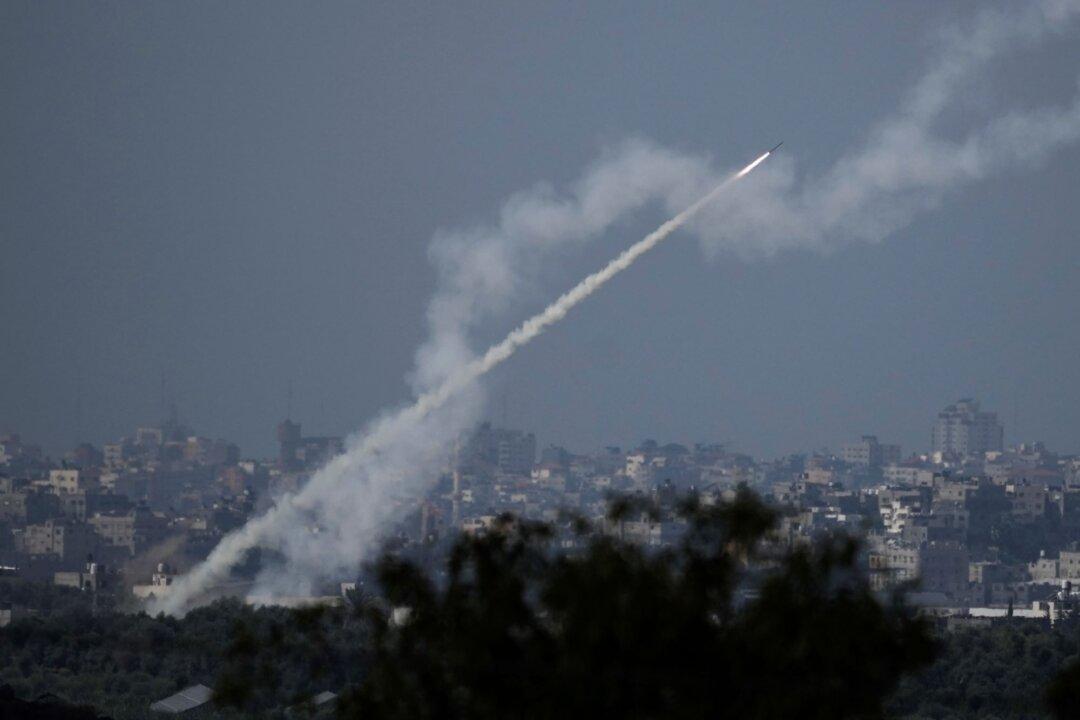Commentary
The immediate reaction of many world leaders to the barbaric attack by Hamas on Israel was to express unequivocal support for that country. Within a week, however, some of those same leaders began calling for “restraint,” warning that unless the conflict’s “root causes” are addressed the “cycle of violence” will continue.





